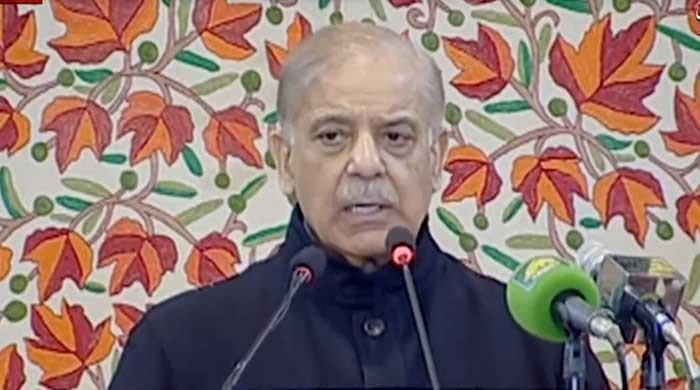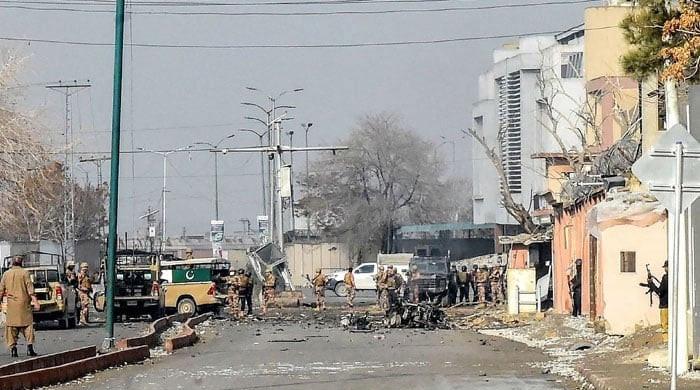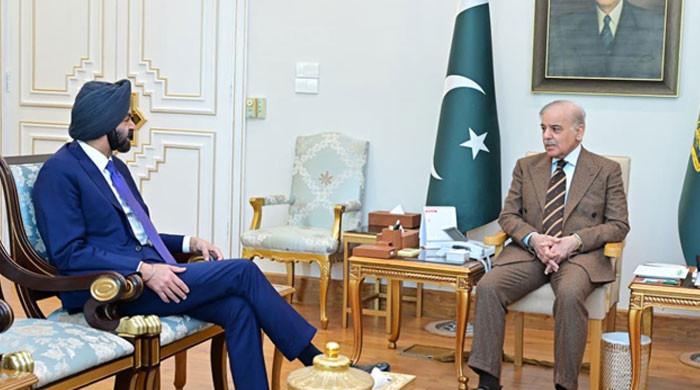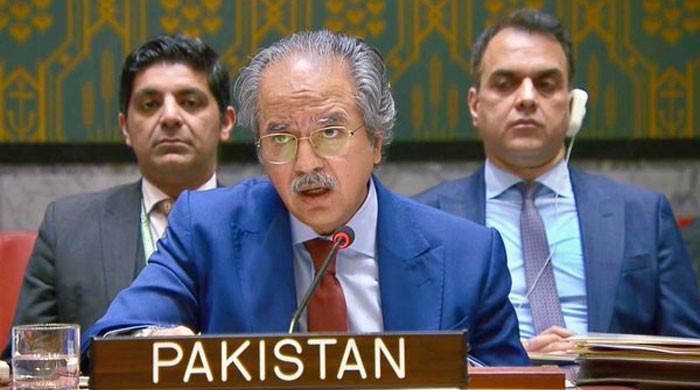Govt sees conspiracy behind 'exaggerated audit figures' to target system
Rs375 trillion figure not a “typographical blunder” but a “deliberate act”, insist official sources
September 17, 2025

- Senior official who is political party's sympathiser orchestrated episode: sources.
- Say official owes position to backing of former intelligence chief.
- Adds manipulations from within institutions direct threat to stability, governance.
ISLAMABAD: The government suspects a calculated move behind the recent controversy surrounding the Auditor General’s report that placed the alleged financial irregularities of ministries and departments at an unbelievable figure of Rs375 trillion (Rs375000bn).
Official sources insist that the figure was not a “typographical blunder” but a “deliberate act” aimed at maligning the sitting government and discrediting the system. While the Auditor General’s office, after a few weeks of defending its report, acknowledged last week the presence of typographical errors in the report, government quarters believe that the exaggeration was not accidental.
Instead, they allege that the episode was orchestrated by a senior official inside the audit authority, known for his sympathies towards a particular political party, to scandalise the government.
Sources further revealed that the official owes his position to the backing of a former powerful intelligence chief. An intelligence report, submitted to the government recently and shared with The News, alleged that the official maintained political leanings during his service and allegedly cultivated close associations with party-affiliated officers, giving them important positions in the audit hierarchy.
At one point, the official was accused of extending the scope of sensitive audits beyond the mandated period in order to create political space for opposition leaders, while simultaneously targeting sections of the incumbent political and military leadership.
In recent years, like-minded officers were appointed in sensitive positions, especially those overseeing audits of provincial governments, federal departments, and high-profile projects. According to govt sources, these placements were designed to create audit paras and reports that could be politically weaponised against the government.
Financial authorities also took issue with some of AGP office’s internal decisions, including the approval of special allowances for its officers in violation of Finance Division directives. The move was later reversed by the finance ministry, which ordered the recovery of the disbursed funds.
More recently, intelligence assessments have raised concerns that the official has accumulated sensitive audit records relating to past and present governments, which could potentially be leaked at a politically opportune time, amplifying opposition narratives against the ruling coalition.
Government sources insist that while typographical mistakes may be common, the “375 trillion rupees scandal” was not a matter of negligence alone but an attempt to inflict reputational damage. They argue that such manipulations from within state institutions represent a direct threat to stability and governance.
Originally published in The News











